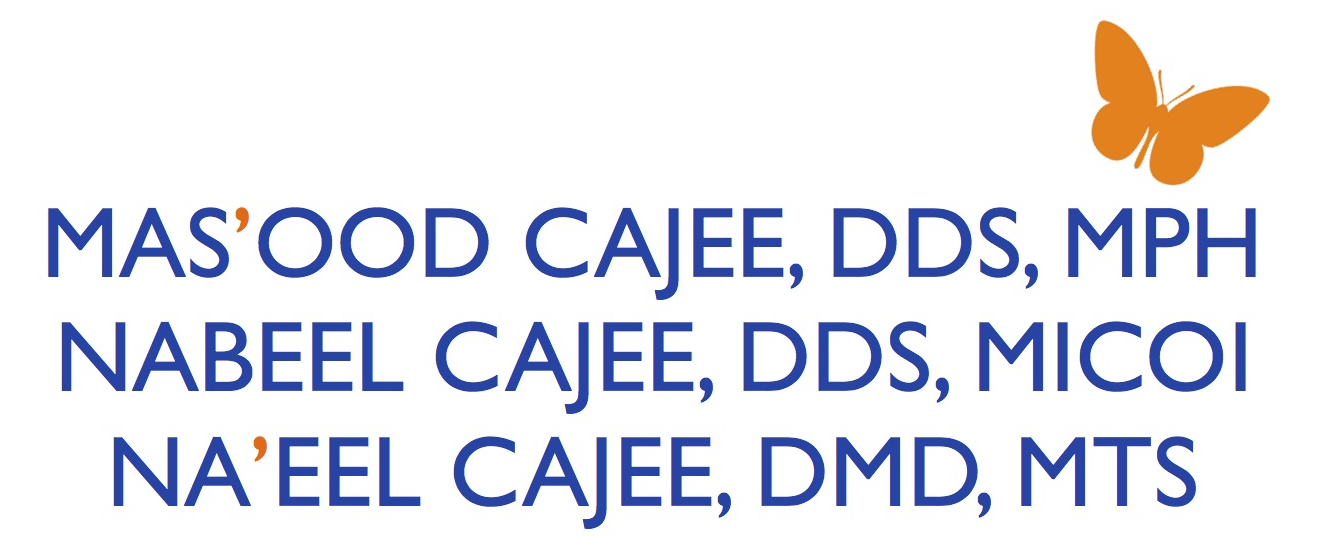3 major oral health risks of alcohol
/Alcohol consumption is a common habit for many individuals worldwide. It is often seen as a social activity that helps people to relax and unwind after a long day. However, alcohol consumption can have negative effects on many parts of the body, including the mouth. In this blog, we will explore the health risks of alcohol on oral health and the implications of these risks.
Effect of Alcohol on Gum Disease
Alcohol consumption has been linked to an increased risk of gum disease. Gum disease, also known as periodontitis, is a condition that affects the gums and the bones that support the teeth. The bacteria that cause gum disease thrive in an environment that is low in oxygen. Alcohol consumption can lead to a decrease in oxygen levels in the mouth, which can create an environment that is conducive to the growth of these bacteria.
In addition, alcohol can weaken the immune system, making it more difficult for the body to fight off infections. This can lead to an increased risk of gum disease and other oral infections. A study conducted by the National Institute on Alcohol Abuse and Alcoholism found that individuals who consumed high levels of alcohol had a greater risk of developing gum disease than those who did not consume alcohol.
2. Effect of Alcohol on Tooth Decay
Alcohol consumption can also lead to an increased risk of tooth decay. The sugars found in many alcoholic drinks can combine with the bacteria in the mouth to create an acidic environment that can erode the enamel on the teeth. In addition, alcohol can cause dehydration, which can lead to a decrease in the production of saliva. Saliva helps to neutralize the acids in the mouth and wash away food particles that can lead to tooth decay.
A study conducted by the American Dental Association found that individuals who consumed high levels of alcohol had a higher incidence of tooth decay than those who did not consume alcohol. The study also found that the risk of tooth decay increased with the frequency and duration of alcohol consumption.
3. Effect of Alcohol on Oral Cancer
Alcohol consumption has also been linked to an increased risk of oral cancer. Oral cancer is a type of cancer that affects the mouth, tongue, lips, and throat. Alcohol consumption can cause damage to the cells in the mouth and throat, which can lead to the development of cancerous cells.
A study conducted by the National Institute on Alcohol Abuse and Alcoholism found that individuals who consumed high levels of alcohol had a greater risk of developing oral cancer than those who did not consume alcohol. The study also found that the risk of oral cancer increased with the amount and frequency of alcohol consumption.
Implications and Recommendations
The negative effects of alcohol on oral health highlight the need for individuals to be aware of their alcohol consumption habits and take steps to reduce their risk of developing oral health problems. This includes limiting the amount and frequency of alcohol consumption, drinking water between alcoholic beverages, and practicing good oral hygiene habits such as brushing and flossing regularly.





